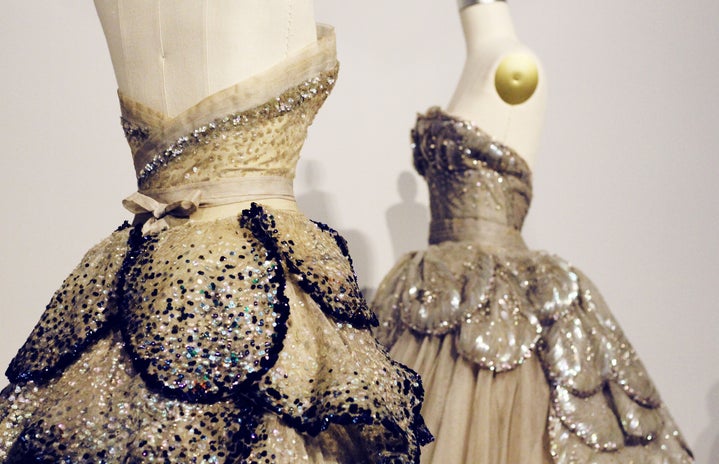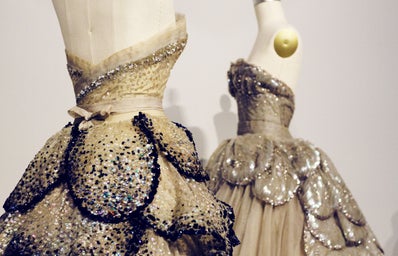In the past, a very important day in the life of a high society lady was her debut. Originally a debut was a time for high society women to present themselves as ready for marriage. It’s a tradition that is still in practice in many places across the country. But is this custom an antiquated one, or does it still have a place in modern day life? I sat down with some Furman debutantes to find out.
Anna Justice is originally from Colorado but is set to debut in her grandmother’s country club here in South Carolina. Originally, a debutante was escorted into her debut by a young man, typically of high stature, with whom she would perform the ballroom dance. Now, it’s not much different. Anna explains that her brothers were often asked to debut girls, as their family name made them “look good”.
Anna was given very specific instructions as to who was allowed to escort her during her debut. Her brothers were not allowed to escort her, as they had “aged out”, and escorts must be younger than twenty-five. So, she will be escorted by her cousin, as the escort is typically a family member. She will wear the very traditional clothing associated with the custom. A white ball gown style dress, typically of tulle or satin, with long white gloves to finish off the look. “Modest, plain, traditional”, Anna explains with a laugh, “anything else would be inappropriate.”
Anna is about to become the first Asian debutante in this club, which is very big on tradition. When asked if she felt that this country club or this practice was elitist or exclusionary Anna states, “Yes definitely, these clubs certainly started as racially segregated and then stayed that way”.
Anna explains that to get into her grandmother’s country club, families must be of an established name, which certainly narrows the pool of applicants. Not all of her family will even be able to attend the event, as the club only allows immediate family of the members. Anna’s grandmother is the member so not all of her grandchildren, Anna’s siblings, will be able to attend.
When asked about why she became a debutante Anna explained that “most debutantes are just doing it to appease someone in their family, for older generations it definitely is about prestige”.
Emma Homoke is originally from Tennessee, and this is where she had her debut. Emma also had very specific instructions for what she was allowed to wear during her debut and was given a cloth of fabric to match her dress to so as to make sure her dress was the right shade. For Emma, becoming a debutante required training every two months for four years in preparation for her debut.
The training consisted of volunteer work, ushering at concerts, tea etiquette, conversation, and ballroom dancing. She feels that through becoming a debutante she has learned more about her history, culture, and traditions as an American. When asked if she feels like the tradition is exclusive or prejudiced she explains that it certainly is “pretty much a white girls club”, but she feels that this comes from the history and heritage of the people whose families encourage them to become debutantes.
(Gif Courtesy of GIPHY)
A celebration of entering adulthood is not inherently a bad thing, and both Emma and Anna have had fun in the process. However, the practice cannot escape its history of privilege, exclusivity, and class elitism, and these themes are evident in the tradition even today. The Debutant process complies to our misogynistic culture, perpetuating the notion that in order for a woman to become a relevant member of society she must be validated (or presented to society) by a man.



